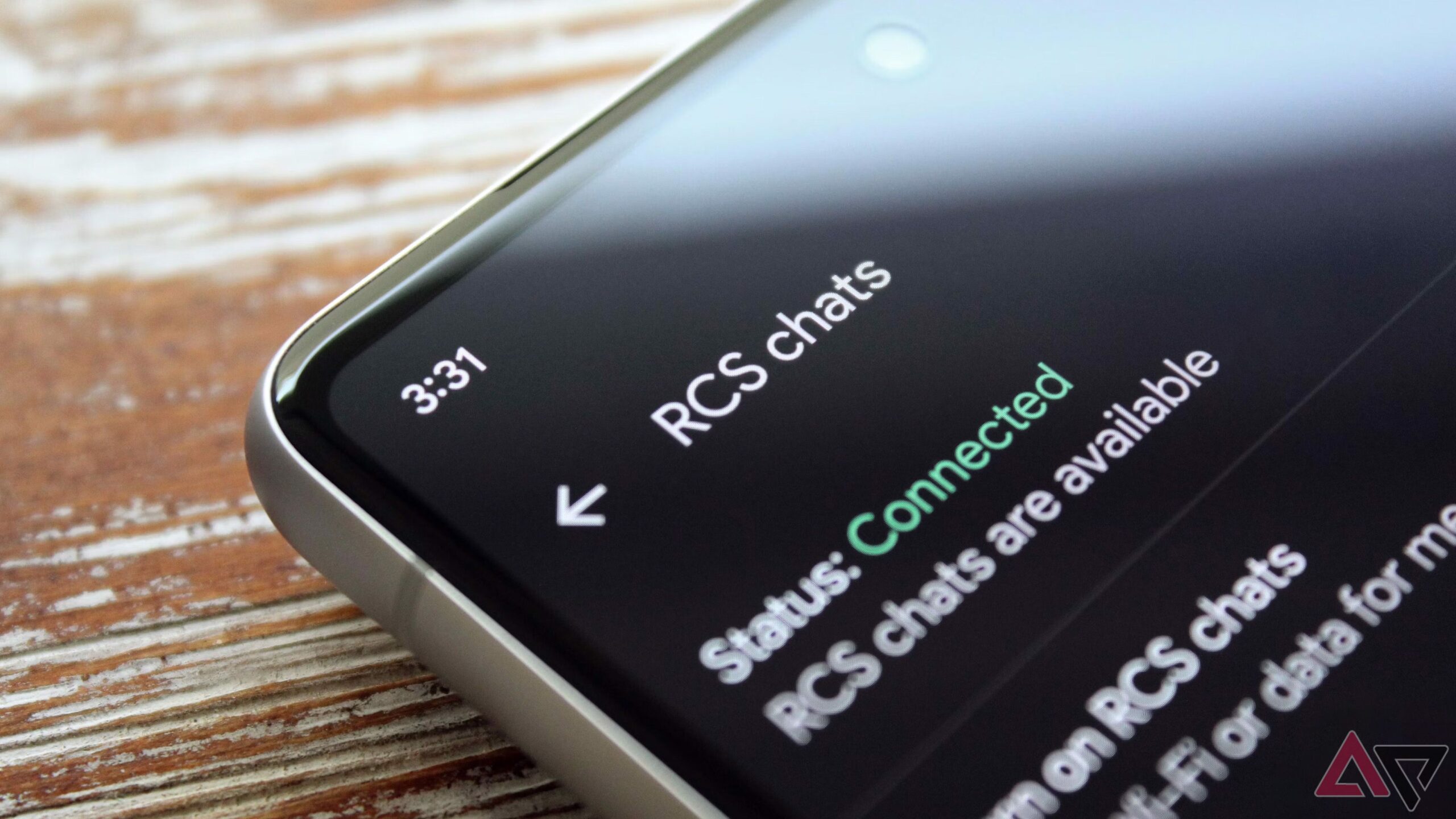Key Takeaways
- Emoji reactions now display correctly between Android and iPhone users.
- Emoji reactions sent from Android users no longer show up as a separate text.
- Apple improved cross-platform texting with RCS support in iOS 18.
Apple took a big step in improving the cross-platform messaging experience between Android and iPhones by adding RCS support to iOS 18’s Messages app. This finally provides Android and iPhone users with a superior cross-platform texting experience, with features like typing indicators, the ability to share high-resolution images, and more. There was a flaw in Apple’s implementation, though, as when an Android user reacted to a message, it arrived as a separate text. Thankfully, this no longer appears to be an issue.
0:53
Related
How to enable, disable, and use RCS Chat in Google Messages
It’s probably time we moved on from the old SMS standard
As The Verge reports, emoji reactions show up properly on both platforms. They tested this by sending emoji reactions on texts from an iPhone running iOS 18.1 and an Android phone. In both cases, the reactions showed up properly on the other device. Previously, a separate text appeared on the sender’s iPhone for every emoji reaction sent by an Android user.
Apple supports RCS version 2.4 in iOS 18, which does not support emoji reactions. This feature is a part of RCS v2.7. So, either Apple upgraded iPhones to the newer RCS standard with iOS 18.1, or Google made backend changes so that iPhones could better handle emoji reactions sent from Android devices.
RCS v2.7 also allows editing a sent text, but this feature is not working on iPhones yet. iPhone users are limited to editing texts sent to other iPhone users over iMessage.
Interestingly, the inability to display emoji reactions properly has long been an issue with iMessage. In November 2021, Google rolled out an update to Google Messages to display iMessage reactions properly. In February 2023, it expanded the feature by allowing Google Messages users to react with any emoji.
Apple introduced a similar feature to its Messages app with iOS 18’s release, allowing iPhone users to use any emoji or sticker as Tapbacks.
More carriers worldwide need to support RCS on the iPhone
While all iPhones support RCS following iOS 18’s release this September, there’s a big catch. Carriers must also support the messaging standard; otherwise, chats with Android users will fall back to the good old SMS. And right now, despite the iPhone’s popularity, many operators outside the US don’t support RCS on iOS. So, the cross-platform texting experience between Android and iPhone is still not as good as it should be.

